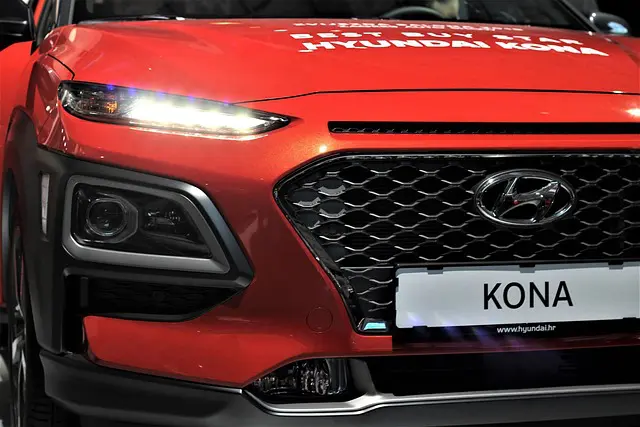Hyundai Motor Group, led by billionaire Euisun Chung, announced on Tuesday that it will plan to spend $18 billion on its domestic EV manufacturing business.
Hyundai will plan to expand domestic EV production to 1.51 million units by 2030, and global EV production to 3.64 million units by 2030, including Hyundai Motor, sister company Kia and auto parts affiliate Hyundai Mobis. By that year, Hyundai says its total lineup will include 31 EV models, including those from its sister brands Kia and Genesis.
The goal of Hyundai Motor is to enhance the competitiveness of the entire electric vehicle ecosystem, including research and development, production, and infrastructure, said Kia president and CEO Ho Sung Song. Korea will become one of the “top three players” in the global electric vehicle market by 2030 with this investment, Song noted.
In addition to new product lines, core parts, and research facilities, Hyundai’s investment will go towards research and development for “next-generation” electric vehicles. Last year, Chey Tae-won’s SK Group overtook Hyundai as South Korea’s second-largest corporate group by asset size. The automaker plans to launch a manufacturing platform for each vehicle class in 2025, starting with passenger electric vehicles.
Hyundai announced in 2021 that it would invest $7.4 billion in expanding into the U.S. by 2025, after dedicating $16 billion to its electric vehicle manufacturing last year. As part of Kia’s ongoing product portfolio, Hyundai plans to debut its affordable passenger electric car line IONIQ next year, followed by Kia’s flagship electric SUV this year.
President Yoon Suk-yeol was elected last March following a heated election, and promised during his campaign to ban internal combustion engines in 2035. At Autoland’s opening ceremony on Tuesday, Yoon committed to supporting the production of EVs in South Korea, with the goal of growing capacity by five times. These endeavors are aligned with Hyundai’s mission, as they strive to become a major player in the future cars market.
In general, South Korea’s push for EVs coincides with an increasing popularity of green transportation among automakers and governments around the world. By 2035, the EU will ban all new, non-electric vehicles, and U.S. President Joe Biden wants the government to stop buying non-electric vehicles by then. The Gartner report from January last year predicts that 36 million electric vehicles will be shipped by 2030.
A key component of South Korea’s electric vehicle ambitions is battery manufacturing, and the country has three of the world’s five largest EV battery makers: Chey’s Samsung, Koo Kwang-mo’s LG and Jay Y. Lee’s Samsung. Jee Dong-seob, CEO of SK’s electric vehicle battery maker, told Forbes Asia in an exclusive interview in September that the unit would surpass existing competitors by 2030.
See Also:
